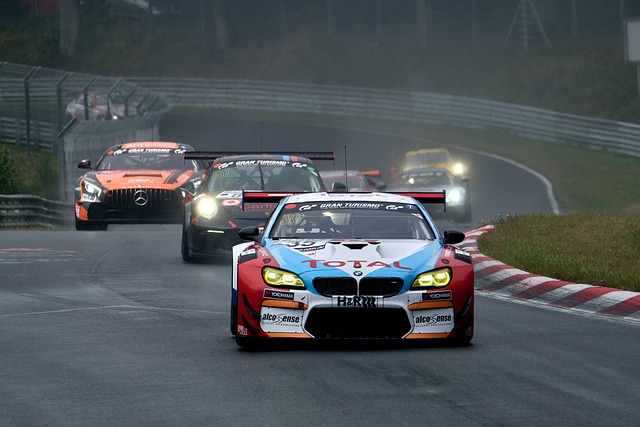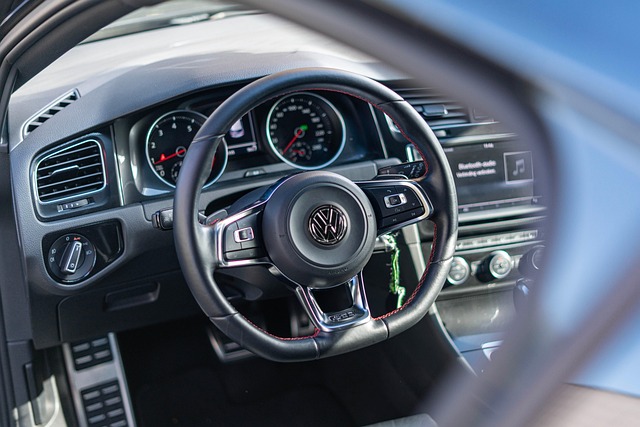Volvo PCP (Personal Contract Purchase) schemes offer a popular leasing option for drivers in the UK. If you’re looking to understand how these work, or are planning to make a PCP claim, this guide is for you. We’ll walk through the intricacies of PCP claims UK specific processes, providing a step-by-step approach to navigating your rights and maximising your payout. Discover tips and best practices to ensure you get the most from your Volvo PCP experience.
- Understanding Volvo PCP (Personal Contract Purchase) Schemes
- Navigating PCP Claims: A Step-by-Step Guide for UK Drivers
- Maximising Your PCP Claim: Tips and Best Practices
Understanding Volvo PCP (Personal Contract Purchase) Schemes

Volvo PCP (Personal Contract Purchase) schemes are a popular finance option for individuals looking to own a Volvo vehicle. This flexible leasing programme allows customers to drive a new Volvo with the option to purchase it at the end of the lease period, or exchange it for a new model. Understanding PCP claims is an essential aspect of this process, especially when considering its benefits and potential drawbacks.
PCP claims in the UK refer to the right of a lessee to make a claim against the manufacturer or dealer if there are issues with the vehicle during the lease term. This can include repairs for defects, damage caused by accidents, or even dispute resolution for unexpected charges. Knowing your rights under PCP claims ensures that you’re protected and can take appropriate action should any problems arise, ensuring a smoother ownership experience.
Navigating PCP Claims: A Step-by-Step Guide for UK Drivers

Navigating PCP (Personal Contract Purchase) claims can seem daunting, but with a clear step-by-step approach, UK drivers can efficiently manage any issues that arise. First, understand your contract: carefully review all terms and conditions to grasp your rights and responsibilities. If a problem occurs, such as vehicle damage or non-delivery, don’t delay; act promptly by contacting your dealer or leasing company. Document everything—from initial communication to any repair costs incurred.
Next, gather essential information: this includes the vehicle’s details, contract documents, and evidence of expenses related to the issue at hand. For PCP claims UK residents should know their consumer rights, so consult relevant laws and regulations. If negotiations fail or the situation is complex, consider seeking legal advice for guidance on taking further action.
Maximising Your PCP Claim: Tips and Best Practices

When it comes to making a PCP (Private Care Provider) claim in the UK, maximising your reimbursement is key. Here are some practical tips to ensure you get the most out of your pcp claims. Firstly, understand what expenses are eligible for repayment under the PCP scheme. This includes costs related to specialist consultations, medical treatments, and prescription medications. Keep detailed records of all these expenditures, including dates, amounts, and any necessary receipts or invoices. Organising your documentation in a systematic manner will streamline the claims process.
Another effective strategy is to familiarise yourself with the guidelines and criteria set by the PCP scheme operator. Each provider may have specific requirements for claiming, so ensure you meet these standards. Additionally, consider using digital tools or dedicated software designed to simplify pcp claim management. These platforms can automate expense tracking, help generate claims forms, and provide real-time updates on reimbursement status, making the process more efficient and less cumbersome.
Volvo PCP schemes offer a flexible way to own or lease a vehicle, but understanding your rights and options when making a PCP claim is crucial. By following a step-by-step guide and adopting best practices for maximising your PCP claim, UK drivers can ensure they receive fair compensation for any issues or damage. Remember, navigating PCP claims effectively can help you get the most out of your Volvo vehicle while adhering to industry standards and legal requirements.
